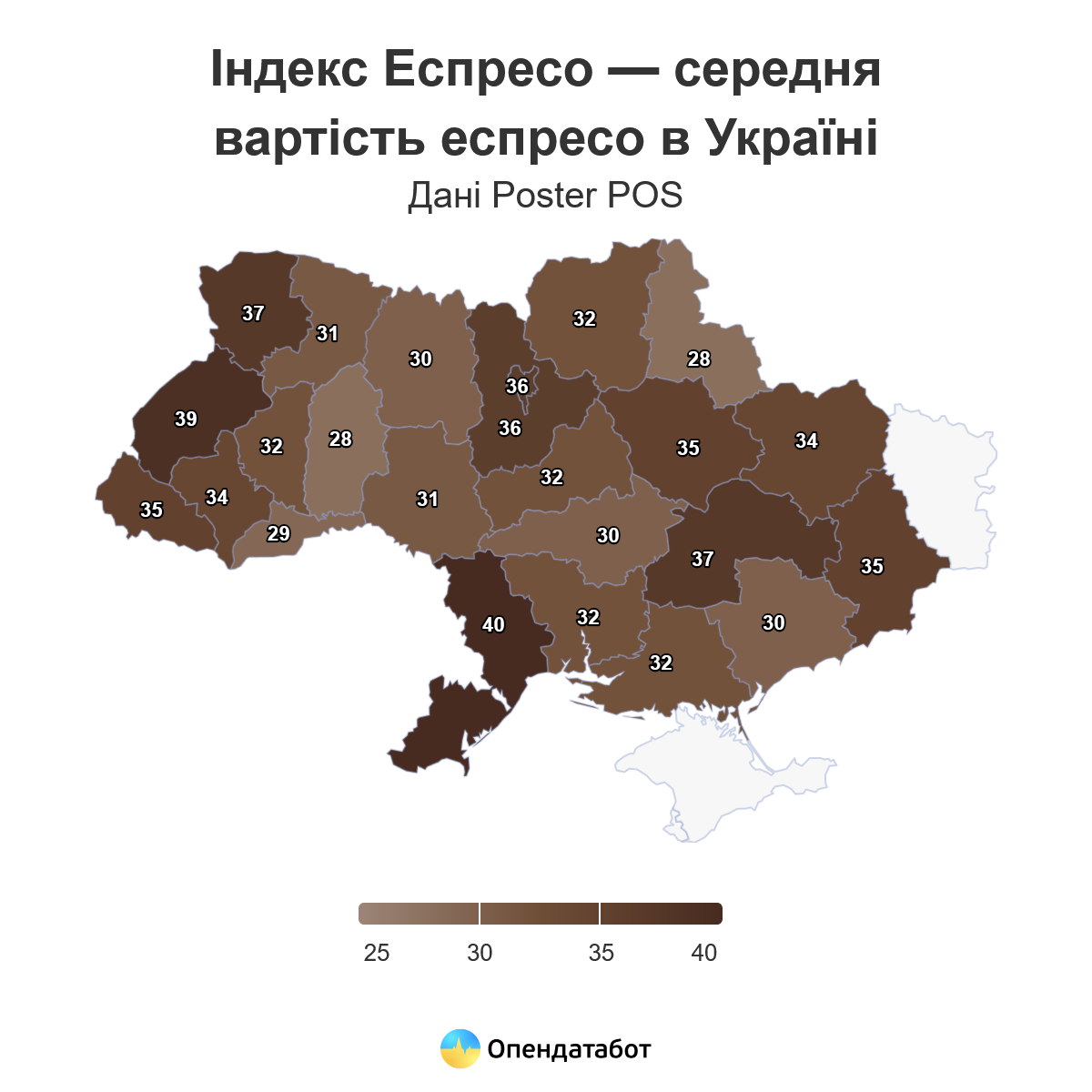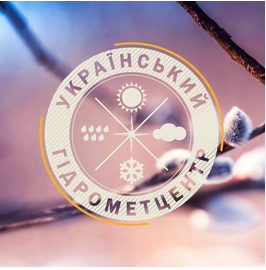
In December 2024, Ukraine imported dairy products (DP), in particular, under headings 0401-0406 UKT FEA (condensed milk and cream, condensed milk and cream, fermented milk products, whey, butter and other fats, cheeses of all kinds and cottage cheese) for $38.5 million, which is a record value for 2022-2024.
According to the Union of Dairy Enterprises of Ukraine (UDEP), the previous maximum (in terms of value) of about $29 million was recorded in January 2022 and December 2023.
Analysts noted that the volume of dairy imports in December 2024 was more than a third higher than in December 2023.
“This was the result of the price situation in the raw milk market in the second half of 2024. From June to December, prices for raw milk of extra quality in Ukraine increased by almost 45% (from less than UAH 14 to more than UAH 20 per kg). This automatically led to a decrease in the competitiveness of domestic dairy products, especially cheese, in the domestic market. As a result, by the end of November, the price of raw milk in Ukraine came close to the European average, exceeding the indicators of some European countries with developed dairy farming,” the industry association explained.
At the same time, the volume of imports of dairy products in December 2024 was more than 2.1 times higher than the corresponding figure for May-June 2024, when Ukraine recorded a positive balance of exports and imports of foreign trade in these goods. According to analysts, the volume of cheese imports increased the most: in December, Ukraine imported more than 5.34 thousand tons of this product worth about $32 million, which is 43% more than the previous maximum in December 2023, when 3.73 thousand tons of cheese were imported. In July-October, the standard indicator of cheese imports to Ukraine amounted to about 3 thousand tons.
Exports of dairy products in December 2024 declined sharply compared to previous months, to their lowest level since March 2024. While the average export of these products in June-November exceeded $20 million, in December it fell below $16 million. Export volumes decreased significantly: TP 0405 (oil and milk fats) amounted to only 44% of the August figure and 68% of the November figure; TP 0406 (cheeses) was at 60% of the October-November figure.
“Imports in value terms in December 2024 were 2.4 times higher than exports, which is a record value for the period of martial law in Ukraine (the previous maximum was recorded in December 2023, when the excess was 2.15 times),” the business association stated.
Experts predict that in January 2025, the negative trend in foreign trade in dairy products will continue, with imports significantly exceeding exports.
“It is obvious that the level of raw milk prices that was formed in early December 2024 causes the loss of competitiveness of domestic dairy products both on foreign and domestic markets. The only way out of this situation is to increase the supply of raw milk, which is possible only through the implementation of effective measures to stimulate investment activity in the dairy sector in Ukraine,” the UMPA summarized.

Espresso in Ukraine has risen in price again: In 2024, the average price for a cup of coffee was 31 UAH, which is 11% more expensive than a year earlier, according to the Espresso Index study by Poster POS, conducted for the Opendatabot service.
According to the study, overall, espresso in Ukraine has risen in price 1.7 times since the start of the full-scale war – from UAH 19 in 2021 to UAH 33 at the end of 2024.
As of the end of December, the most expensive coffee in Ukraine, as in 2023, is drunk in Odesa region – 40 UAH per cup. In just one year, the price in the region has increased by 20%. Next comes Lviv region, where a cup of espresso costs UAH 39. The third place was taken by Volyn region, where a cup of espresso costs 37 UAH.

The cheapest coffee for the second year in a row is recorded in Khmelnytsky and Sumy regions: 28 UAH per cup.
The researchers noted that in 2024, the price of espresso rose the most – by 29% – in Vinnytsia region: up to UAH 31 per cup. Only in Kharkiv region did the cost of a cup of espresso remain unchanged at UAH 34.
“Espresso is the main component of every coffee drink, so its cost directly affects the price of any drink in a cafe,” Opendatabot explained.
The Espresso Index is an economic indicator used to measure the cost of a standard portion of espresso in different cities around the world. It can be useful for comparing the price level and cost of living in different places. Such an indicator helps to assess how big the difference in prices for the same goods and services in different countries is, reflects purchasing power and inflation, according to Poster POS.
Ukrainian restaurant automation company Poster POS is a Ukrainian restaurant automation company that is a developer of a HoReCa accounting program that is installed on tablets. More than 50 thousand establishments use the developer’s services.

Last year, Kyiv region received more than UAH 1.155 billion from the state budget to purchase 497 apartments for veterans and their families, Kyiv Regional State Administration reported in a telegram on Saturday.
Thanks to the support of Andriy Zasukha’s charitable foundation and Kolos Kovalivka football club, the first inclusive town with 59 modern houses for veterans was built in the region.
There are nine veteran hubs in the region. These include three classic hubs in Boryspil, Brovary and Irpin, as well as six veteran spaces. Another hub in Bila Tserkva is planned to open soon.
Since the beginning of 2024, 753 combatants have applied to the Kyiv Regional Employment Service. Thanks to the support of the service, 208 people have already found jobs.
There are already 98 veteran-owned businesses in the region, enabling former military personnel to realize their entrepreneurial initiatives.

Over the course of the war, the United States has allocated $177 billion to Ukraine, but we have not received half of these funds, President Volodymyr Zelenskyy said.
“If we take, for example, the money of the United States of America, during this entire time of this war, about 177 billion dollars have been voted or decided. Let’s be honest. We haven’t received half of this money,” Zelensky said in an interview with Lex Friedman published on Sunday on the YouTube channel of the Office of the President of Ukraine.
Average price per hectare of land in 2023, UAH

Open4Business.com.ua

A little wet snow and rain is expected on Monday night, January 6, in western regions, and in the afternoon throughout Ukraine, according to Ukrhydrometzetr.
On the roads of the country, except for the south, in some places icy. The wind is southern, 7-12 m/s, in the west, in the afternoon and southern regions in some places gusts of 15-20 m/s.
Temperatures at night 3-8° frost; during the day from 1° frost to 4° warm, in the Carpathian region, in the Crimea and most of the southern regions 4-9° warm.
In Kiev on January 6, there will be no precipitation at night and light wet snow and rain during the day. The wind is southerly, 7-12 m/s. The temperature at night 4-6° frost, during the day 0-2° warm.
According to the Central Geophysical Observatory named after Borys Sreznevsky, in Kiev for all the time of meteorological observations, the highest temperature on January 6 was recorded in 1988 at 9.8° of heat, the lowest in 1935 at 30.8° of frost.
Tuesday, January 7, in Ukraine without precipitation, only in the eastern and northeastern regions at night a little wet snow. On the roads of the country, except for the south, in some places icy. Wind south, southwest, 7-12 m/s.
Temperatures at night from 4° warm to 1° frost; in the daytime 4-9° warm, in southern regions and in the Carpathian region 7-12°. In the Carpathians without precipitation, daytime temperature 0-5° warm.
In Kiev on January 7, no precipitation. The roads are icy in places. The wind is south, southwest, 7-12 m/s. The temperature at night 0-2° of heat, during the day 6-8°.